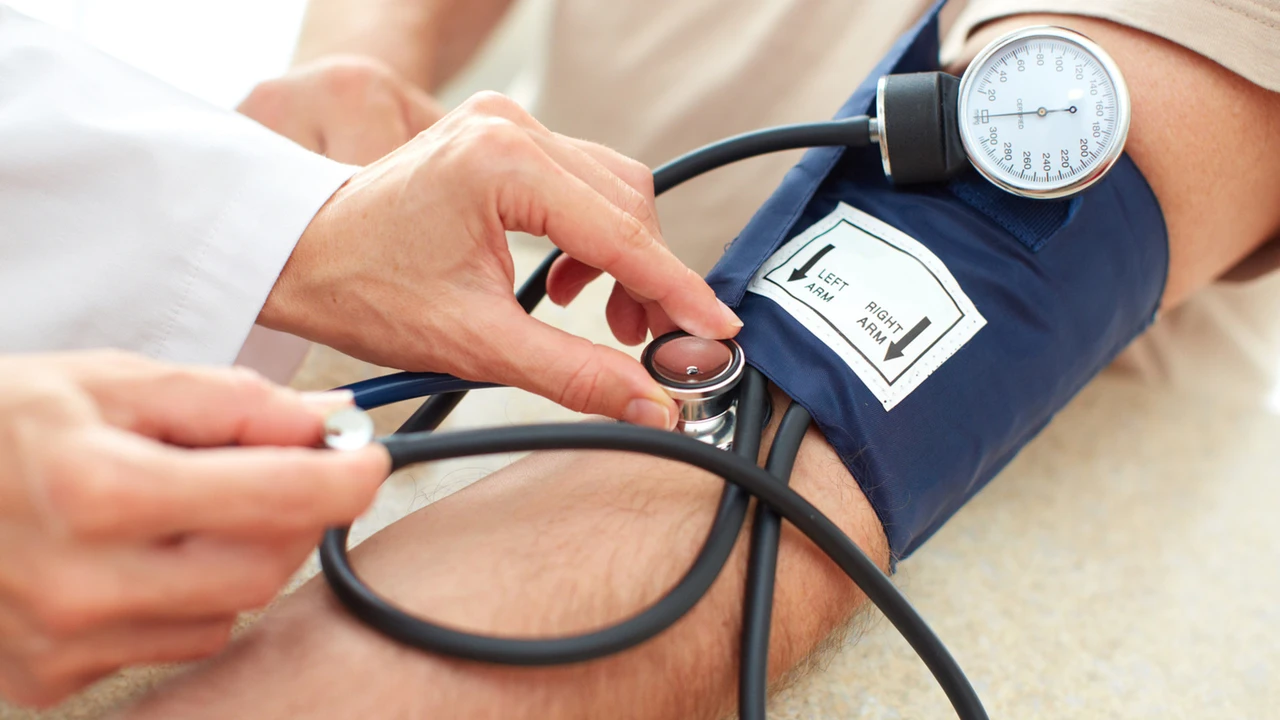 8
Nov,2023
8
Nov,2023
Understanding Irbesartan Hydrochlorothiazide: A Leap into the World of Pharmaceuticals
Let's take a magical ride into the wonderland of pharmacology. More particularly, into the realms of a certain drug combination that goes by the long-winded term - irbesartan hydrochlorothiazide. It might sound like a character from a Tolkien novel. But trust me, its implications for our health are anything but fantastical. There's a sea of realistic effects, influencing numerous lives across the globe. And today, I, Maverick, am here to talk about how this medication can impact our quality of life.
The Magic Duo: Irbesartan and Hydrochlorothiazide
Before diving in, let's delve into what irbesartan hydrochlorothiazide actually is. This dynamic duo is an essential medication prescribed for treating high blood pressure. As a renowned pacifist, I believe in harmony and unity- a principle the two drugs in question seems to strongly support. They coexist to control hypertension. Together, they're like Batman and Robin, fighting crimes inside our circulatory system. Oh, and did I mention, stubborn hypertension troubles could cast a dismal shadow on your life’s canvas? But worry not, here’s irbesartan hydrochlorothiazide to the rescue!
Irbesartan: The First Pillar
It is an ARB (angiotensin II receptor blocker), helping your blood vessels to relax and widen. It's like the meditation guru of our bodies, reminding our blood vessels to stay calm and make way for a free flow. This noble act ensures our hearts don't have to work overtime pumping blood, thus reducing the risks of stroke and heart attacks. What a piece of art!
Hydrochlorothiazide: The Companion
On the other hand, Hydrochlorothiazide is a super efficient water pill (diuretic) encouraging your kidneys to expel surplus salt from your system. Imagine your kidneys throwing a salt evacuation party, with Hydrochlorothiazide as the exuberant host. Less salt means less fluid in your bloodstream, literally a giant leap for mankind in mitigating water retention and alleviating overall blood pressure.
From Pill Bottle to Real Life
It’s easy to talk about how these drugs work theoretically. But how does it translate to real life? Well, the stakes are pretty high here as our beloved “irby-hydro” duo can have a significant impact on our day-to-day life. From improving cardiac health to reducing the stress of constant blood pressure monitoring – it works in tandem with your lifestyle to help you lead a fulfilling, healthy life. This tag team inherently boosts your energy levels and reduces your risk of chronic diseases, making space for you to spend more time on what you love - be it your neighborhood football league or baking cookies for your loving Clara.
The Flip Side of the Coin
As with all good things in life, even the super awesome irbesartan hydrochlorothiazide comes with some conditions apply. Side effects can range from dizziness, nausea, an upset tummy, to more serious ones like kidney problems or electrolyte imbalances. Precisely why clear communication with your doctor is imperative – to enjoy the benefits, minimize the risks, and manage a balance. Believe me, being honest with your doctor is as important as confessing your midnight snack raids to your dietitian wife!
The Maverick Prescription: Embracing A Holistic Lifestyle
Last but not least, this medication is never an alternative to a healthy lifestyle. You might wonder, why would Maverick, who knows the magic of irbesartan hydrochlorothiazide, preach about lifestyle? I've learned from personal experience, an experience shaped by a journey handling Clara's health nuances, that a good diet, regular exercise regime, and stress management techniques can work wonders. The drug is an essential tool; couple it with healthy habits, and you have a winner. Haven't you heard the saying "A habit does not a monk make?" You need the drug, yes, but also the right kind of living.
Conclusion: A Toast to Quality Life
To wrap this up, the quality of life we lead is essential. And the role of irbesartan hydrochlorothiazide is monumental in this regard. Yes, it has its fair share of challenges, but the benefits far outweigh them. So here's raising a toast to this marvellous medication, to an enhanced and enriched quality of life, and to the belief that together, we can conquer the Everest of health issues, one pill at a time.

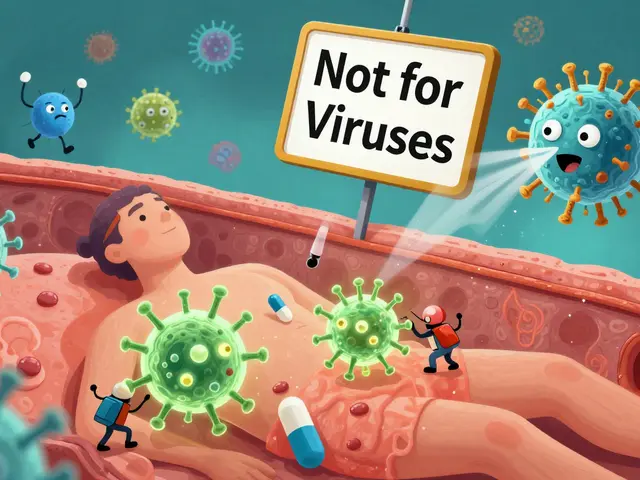
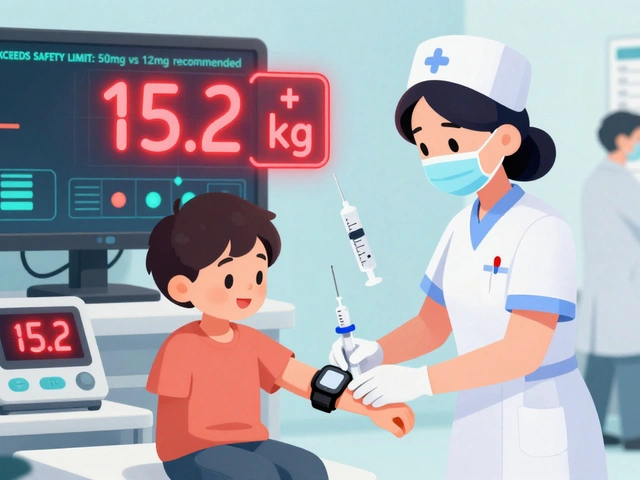
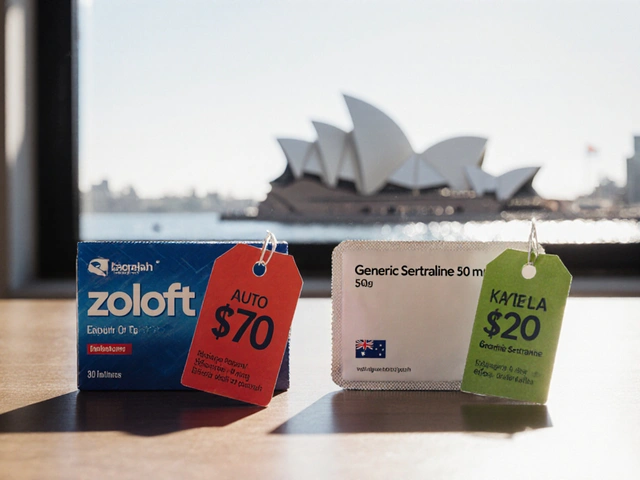
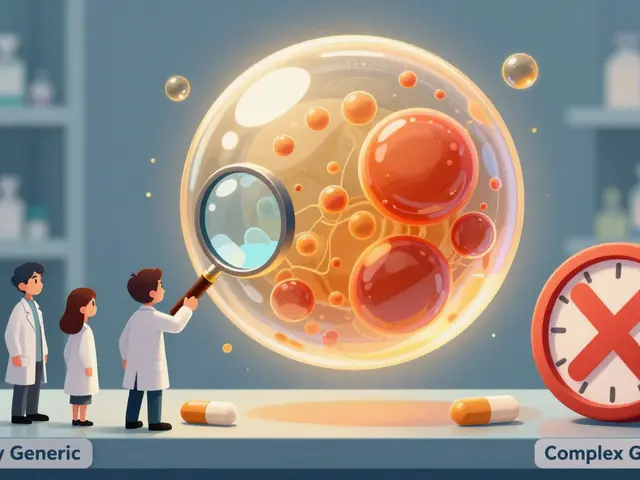
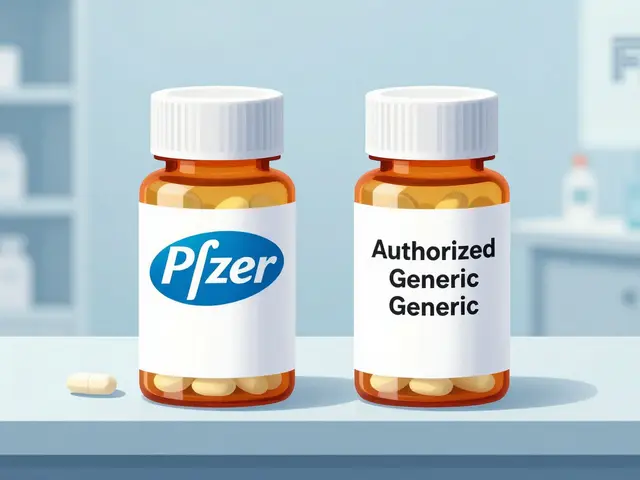
Hey folks, I loved how Maverick broke down the two‑drug combo in plain English. It's amazing to see a medication described as a Batman‑Robin duo – makes the science feel less intimidating. From my experience, the blood‑pressure control really let me get back to my morning runs without constantly checking the gauge. Just remember to stay hydrated and keep up with your regular check‑ups. Cheers to a smoother, healthier life!
This drug combo is overhyped it can cause electrolyte swings and kidney strain
The therapeutic alliance between irbesartan and hydrochlorothiazide exemplifies a harmonious blend of pharmacodynamic strategies.
Irbesartan, as an angiotensin‑II receptor blocker, gently invites the vasculature to relax, echoing the principle of non‑resistance found in many cultural philosophies.
Hydrochlorothiazide, by nudging the kidneys to excrete excess sodium, mirrors the practice of shedding burdens that many societies cherish.
When administered together, the duo not only lowers systolic pressure but also reduces the psychological weight of chronic disease management.
This reduction in anxiety can free mental bandwidth for communal activities, storytelling, or even quiet contemplation.
From a public‑health perspective, better‑controlled hypertension translates into fewer strokes, which in turn preserves the intergenerational knowledge carriers within families.
Moreover, the modest diuretic effect can improve sleep quality, allowing individuals to partake in sunrise rituals that many cultures revere.
It is essential, however, to acknowledge the potential side effects such as dizziness or electrolyte imbalance, which can disrupt the balance one seeks.
Open dialogue with healthcare providers becomes a cultural exchange where patient values inform dosage adjustments.
In many African contexts, communal decision‑making about health reinforces adherence and mitigates fear of side effects.
The literature also suggests that combining lifestyle interventions with this medication amplifies quality‑of‑life gains, a synergy akin to music and dance together.
One might liken the pharmacological action to a well‑orchestrated conversation between body and mind, each listening to the other's cues.
As we navigate the modern world, remembering that medicine does not act in isolation respects the holistic view held by many traditions.
Therefore, embracing irbesartan‑hydrochlorothiazide while honoring diet, exercise, and social support constructs a comprehensive health narrative.
Ultimately, the impact on quality of life is not measured solely by blood pressure numbers but by the restored capacity to engage meaningfully with one's community.
Honestly, if you ignore the side effects you're just being reckless. It's not okay to think a pill can fix everything without caring about diet. People need to take responsibility for their health.
From a clinical standpoint, the combination of an ARB with a thiazide diuretic is well‑studied and offers synergistic blood‑pressure reduction. The pharmacokinetics of irbesartan allow for once‑daily dosing, which improves adherence compared to multiple‑pill regimens. Hydrochlorothiazide’s natriuretic effect complements the vasodilatory action, minimizing volume overload. However, practitioners must monitor serum potassium, especially in patients on concurrent potassium‑sparing agents. Overall, when used appropriately, the duo can meaningfully improve cardiovascular outcomes.
While your exposition is thorough, I must emphasize the human dimension that underlies these statistics. The patient's narrative-her hopes, her fears, the quiet courage she shows each morning-cannot be reduced to mere numbers. In my experience, a dramatic improvement in quality of life often follows a compassionate dialogue between physician and patient. Thus, let us not forget that the art of medicine resides as much in listening as in prescribing. I urge all clinicians to weave empathy into every prescription.
Consider the pill as a catalyst in the equation of daily existence; it shifts variables but does not rewrite the whole formula. Your enthusiasm is commendable yet remember that true health arises from the sum of habits, not the sum of drugs.